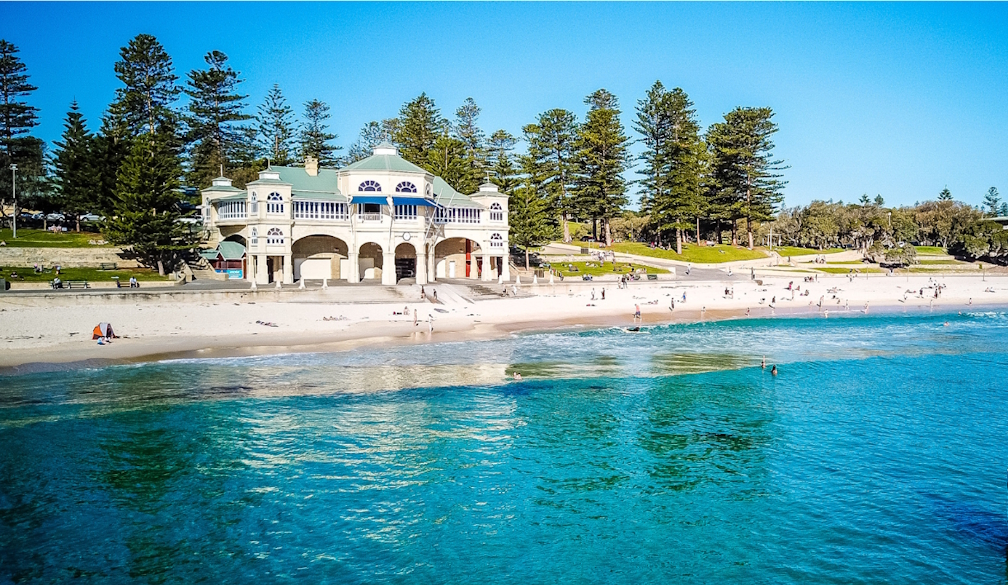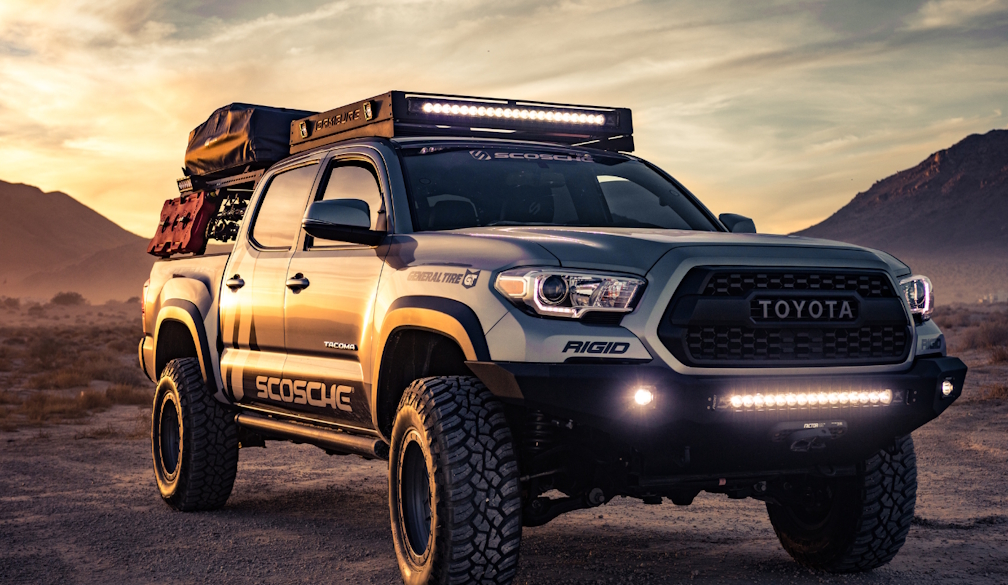Motorhome Selling: Pros & Cons of Private & Consignment

Depending on why motorhome owners want to sell their vehicles, there are a variety of options for doing so. The following are some of the reasons why motorhome owners decide to sell their vehicles:
-
* When the vehicle is stored and isn't used much, the owner chooses to sell the vehicle to someone who will give it the adventure it deserves.
-
* When motorhome owners want to upgrade to a newer, more advanced model.
-
* When motorhome owners desire to no longer live the ‘motorhome lifestyle’.
When it comes to selling a motorhome, the goal of every owner is to get the best bargain possible. There are two distinct channels you may use to find the finest motorhome deals. They are as follows:
-
Private Sale: with this option, the motorhome owner is solely responsible for all aspects of the vehicle sale. Advertisements, queries, and expenditures are just a few examples.
-
Motorhome consignment: with consignment, the motorhome owner delegates all duties for finding a buyer, advertising, and inquiries to a dealer while maintaining financial and maintenance obligation until a buyer is found.
When comparing a private motorhome sale to a motorhome consignment sale, there are a few things to keep in mind.
There are a few key differences between selling a motorhome privately and selling one on consignment. These considerations include the downsides and benefits of each channel in comparison to the others, and they are as follows:
-
Demands: As previously said, private sales entail the owner handling all aspects of the motorhome sale; as a result, this channel can be excessively demanding for the owner. Motorhome consignment, on the other hand, is less demanding for the vehicle owner because he retains ownership of the motorhome while delegating the task of selling it to a dealer.
-
Profit: In a private sale, the motorhome owner receives all of the profits from the vehicle’s sale, whereas in a consignment sale, the profits are split between the dealer and the motorhome owner. Fees are given to the dealer in the form of a percentage or commission. The dealer takes a percentage of the profit in the percentage format. In the commission system, on the other hand, the dealer is allocated a predetermined price to sell the vehicle and keeps whatever profit is made from the transaction.
-
Expenses: A motorhome consignment requires the vehicle’s owner to pay for consignment insurance, cleaning, and maintenance, whereas a private sale reduces costs because the vehicle is in the owner's possession and no consignment insurance is required.
-
Advertisement: Motorhome consignment provides the owner with a plethora of advertisement resources to help them sell their vehicle, allowing a broader audience to see it. Private sales, on the other hand, have limited advertising resources.
-
Motorhome Access: In a motorhome consignment, the owner has restricted or no access to the vehicle once it is placed on consignment, whereas in a private sale, the owner has unlimited access to the vehicle until it is sold to a new owner.
Conclusion
Each of the aforementioned channels has its own set of benefits and drawbacks. The motorhome owner's decision on which channel to use is based on their goals. When compared to private sales, motorhome consignment increases your chances of getting a better offer on your beloved vehicle.
If motorhome consignment sounds like a great idea to you, get in touch with an Australian motorhome dealership who can provide with all the information you need about selling your motorhome via consignment.












